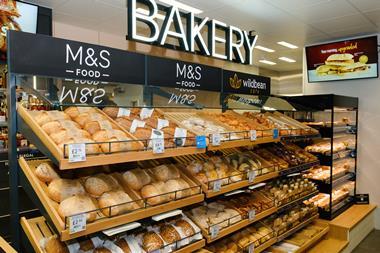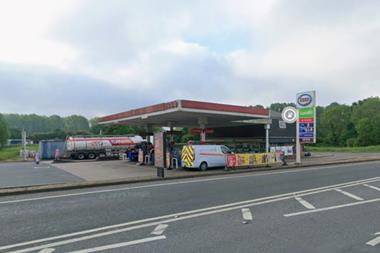RMI Petrol is urging retailers to continue stepping up the pressure on their MPs as the April 1st deadline approaches for business rates.
A total of 45 MPs have now signed the Early Day Motion (EDM) tabled by Conservative MP Philip Dunne, which calls for the government to postpone the business rates revaluation for petrol stations.
RMI Petrol chairman Brian Madderson said retailers needed to keep contacting their MPs to gain as much support as possible for the campaign.
Meanwhile, Dunne has commented on new evidence that shows the number of independent petrol filling stations facing closure due to huge increases in their rateable value. According to the Ludlow MP, the evidence comes from government-held data received in answer to a Parliamentary Question this month. It states that 130 petrol filling stations across England will be hit by rateable value increases of over 350 per cent from April 2010. This means 160 will see increases of 250-350 per cent; 180 between 200 and 250 per cent; 1040 between 100-200 per cent and a further 1550 between 50 and 100 per cent.
The consequent hikes in tax bills will force many petrol filling stations to close or to cease selling fuel.
Dunne said: "Now we have official confirmation of what I have been told by Ludlow constituents and industry representatives from across the country. Over 3,000 petrol filling stations in England are facing an increase in their rateable values of over 50 per cent, of which half are facing increases of twice their current rateable value. Almost 300 are looking at increases of 250 per cent or more.
"Unless ministers instruct the Valuation Office Agency to reconsider its valuation method, based as it is on an ill-considered calculation of the rental value of these premises, we will see yet another vital service disappearing from our rural areas.
"Government ministers are hiding behind the transitional relief arrangements which will limit the cash cost to these businesses in the first year. But this applies primarily to election year. The escalation of rateable value increases kicks in fast over the following years, with compounding 25 per cent a year increases in the final two (of the five year transitional scheme). This is a poison pill for an incoming government."

































No comments yet